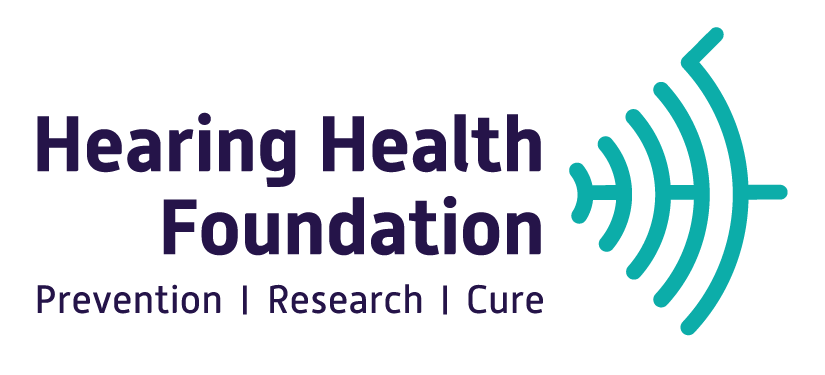Auditory Processing Disorders Demographics
In a 2021 Frontiers in Neurology paper, the authors write: “The prevalence of APD was calculated to be 1.94 per 1,000 children by a 2016 retrospective study based on referrals and diagnoses made in a national audiology clinic. [In a 2011 paper] Hind et al. estimated a prevalence of APD as 0.5–1% in the general population, based on a prevalence of normal audiometric findings. [As cited in the same paper] APD was prevalent in 5% of children and 0.9% of adults of all ages who were referred to a general audiology clinic. However, these estimates may be affected by ascertainment bias and the prevalence of APD is yet to be determined.”
People with autism spectrum disorder (ASD) often show difficulties with auditory processing. Autism is a developmental disability that can cause significant social, communication, and behavioral challenges. Processing auditory information is critical to social communication, and people with autism spectrum disorders typically have problems processing information received from verbal communication. APD is a common secondary diagnosis for children with autism.
Studies have shown a strong link between Fragile X Syndrome (FXS), the most common genetic form of autism, and difficulties with sound localization. FXS is characterized by impaired cognition, hyperactivity, seizures, attention deficits, and hypersensitivity to sensory stimuli, specifically auditory stimuli.
An estimated 15% of military veterans live with APD due to blast exposure. HHF’s Emerging Research Grants recipient Edward Bartlett, Ph.D., explains that the changes to the central auditory system may account for the behavioral issues that veterans experience, such as problems with memory, learning, communication, and emotional regulation.
Older adults, including those with typical or near-typical hearing, may exhibit age-related central auditory processing deficits. Scientists have confirmed that changes in both the peripheral and central auditory systems occur as a result of aging. These changes can impact auditory and cognitive processing abilities that are important for speech understanding. Such individuals experience reduced speed of information (sensory and mental) processing, which, can affect listening comprehension. Speech understanding especially in adverse or challenging environments has been related to listeners' working memory capacity.
Individuals with neurological disorders as a result of brain injuries (e.g., stroke, traumatic brain injury, tumors, epilepsy) are more susceptible to APD because of damage to the central nervous system.
Sources: Autism Research Institute; Journal of Rehabilitation Research & Development; National Institute on Deafness and Other Communication Disorders; Seminars in Hearing
Learn More:
Auditory Skills
Signs & Symptoms of APD
APD Demographics
Treatments for APD
Our Research on Auditory Processing Disorders
